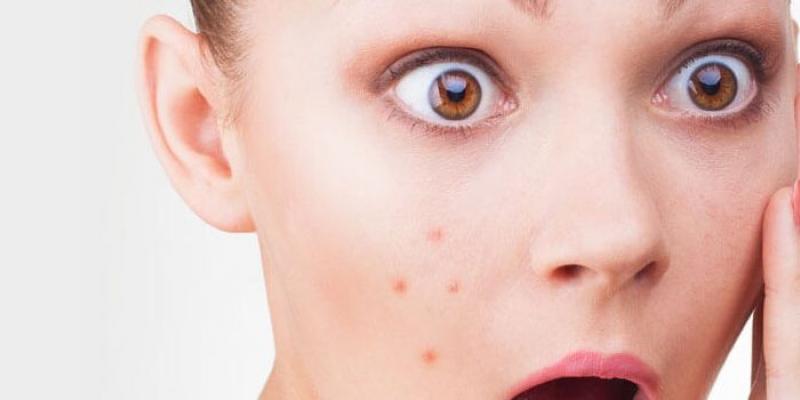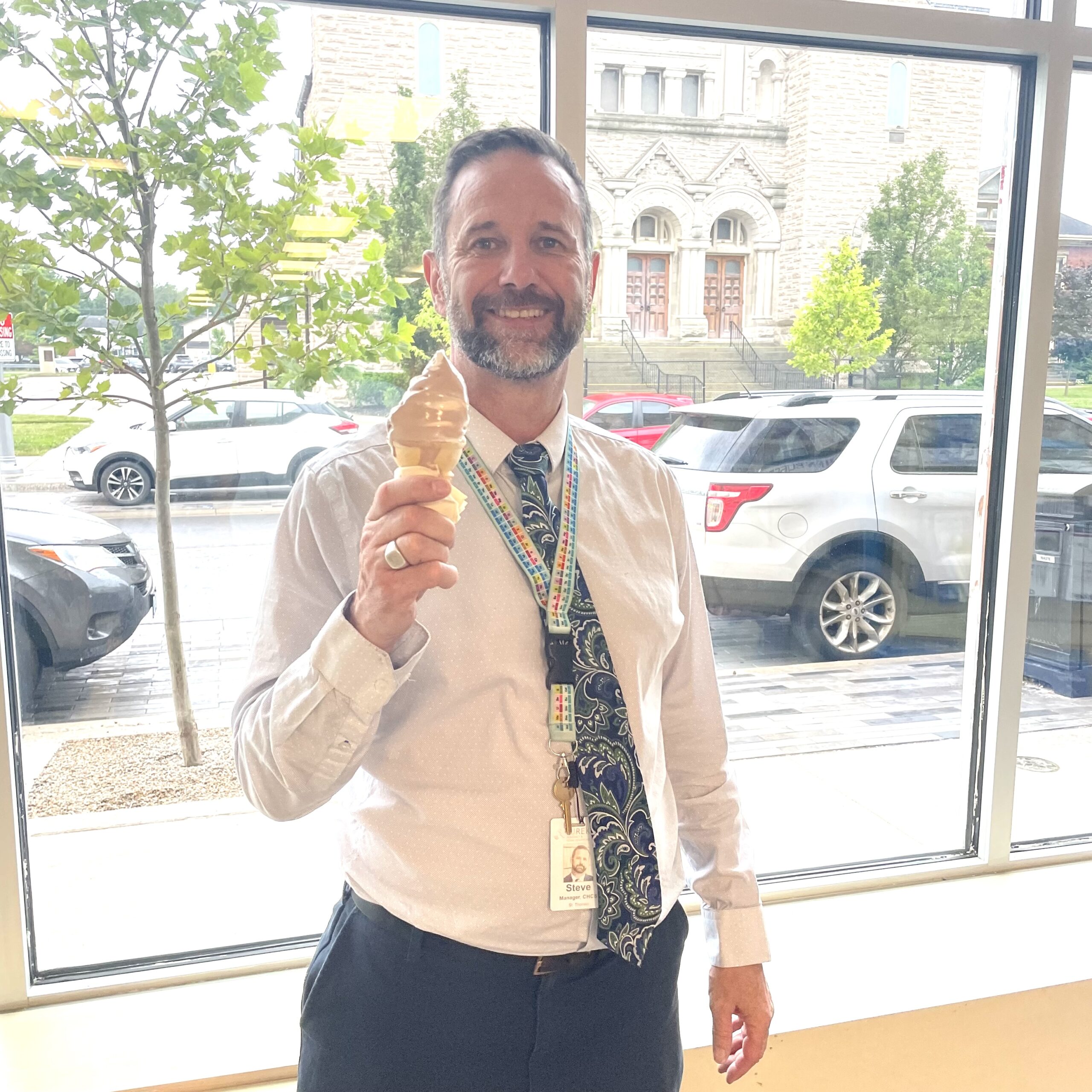September 2018 marks the first National Acne Awareness Month (it started with a week but due to the importance, moved to a month). Acne is the most common skin condition in Canada, affecting 5 million people and up to 90% of those between the ages of 12 and 24 according the acne and rosacea society of Canada. It can lead to physical and emotional scars that can significantly affect the lives of those who are affected. Despite the prevalence of this condition, accurate information about acne can be hard to find. It is caused when pores in the skin become blocked. Our skin has oil producing glands found on the face, neck, chest shoulders and back (which happens to be where acne occurs). During puberty, hormones cause excess oil production which then sticks to the dead skins cell and pile up on the surface. This can lead to clogged but open pores (blackheads) or plugged, closed pores (whiteheads). Bacteria living on the skin multiply in these oil blocked pores and can cause inflammation and pus which lead to pustules and cysts.
There are three known main causes of acne: Hormones, Genes and Medications. Hormones rise in early teens leading to an increased incidence amongst those 12-24. In addition, 20 percent of adult women suffer from acne around menstrual periods, during pregnancy and when they stop birth control pills. Genetics play an important role – 78% of teens with acne have a close relative with similar condition and their symptoms usually present earlier and more severely. (British Journal of Dermatology)
Medications can also cause or contribute to acne. Hormonal medications such steroids, and contraceptive agents can cause or worsen acne. Other medications such as lithium, some seizure medications, and barbiturates can cause an acne like reaction.
Treatments depend on the type and severity of acne. For mild cases, gentle cleansing twice daily with a mild soap and topical benzoyl peroxide may suffice. Please note that over scrubbing or using harsh cleansers may worsen acne. (Acne is caused by overproduction of oil- not dirty skin). For more severe cases, prescription medication (topical or tablets) may be required. Whatever the severity or type of acne, it is always good to seek medical attention-acne is a treatable condition. Take Care of Yourselves and Each Other.








